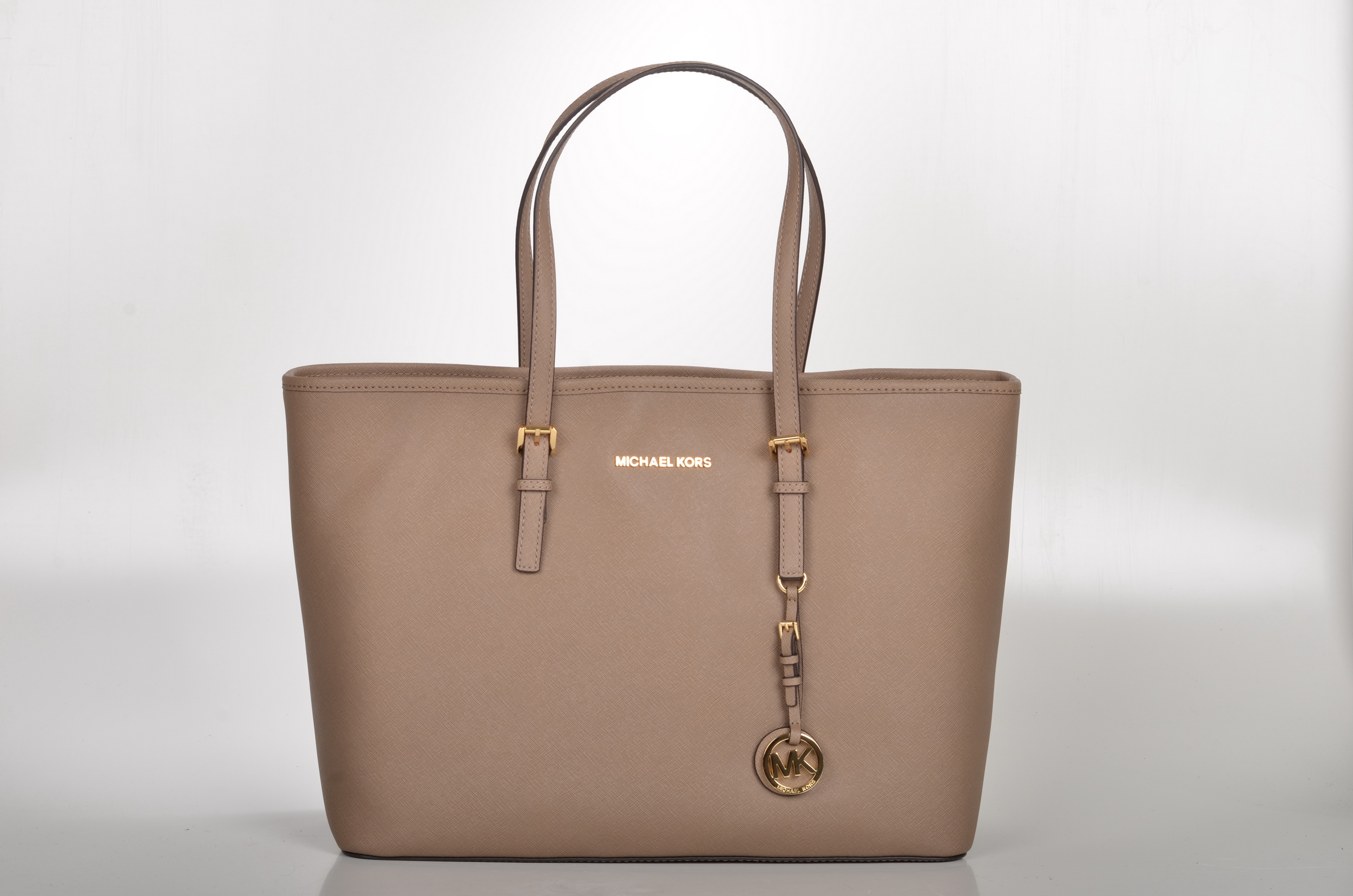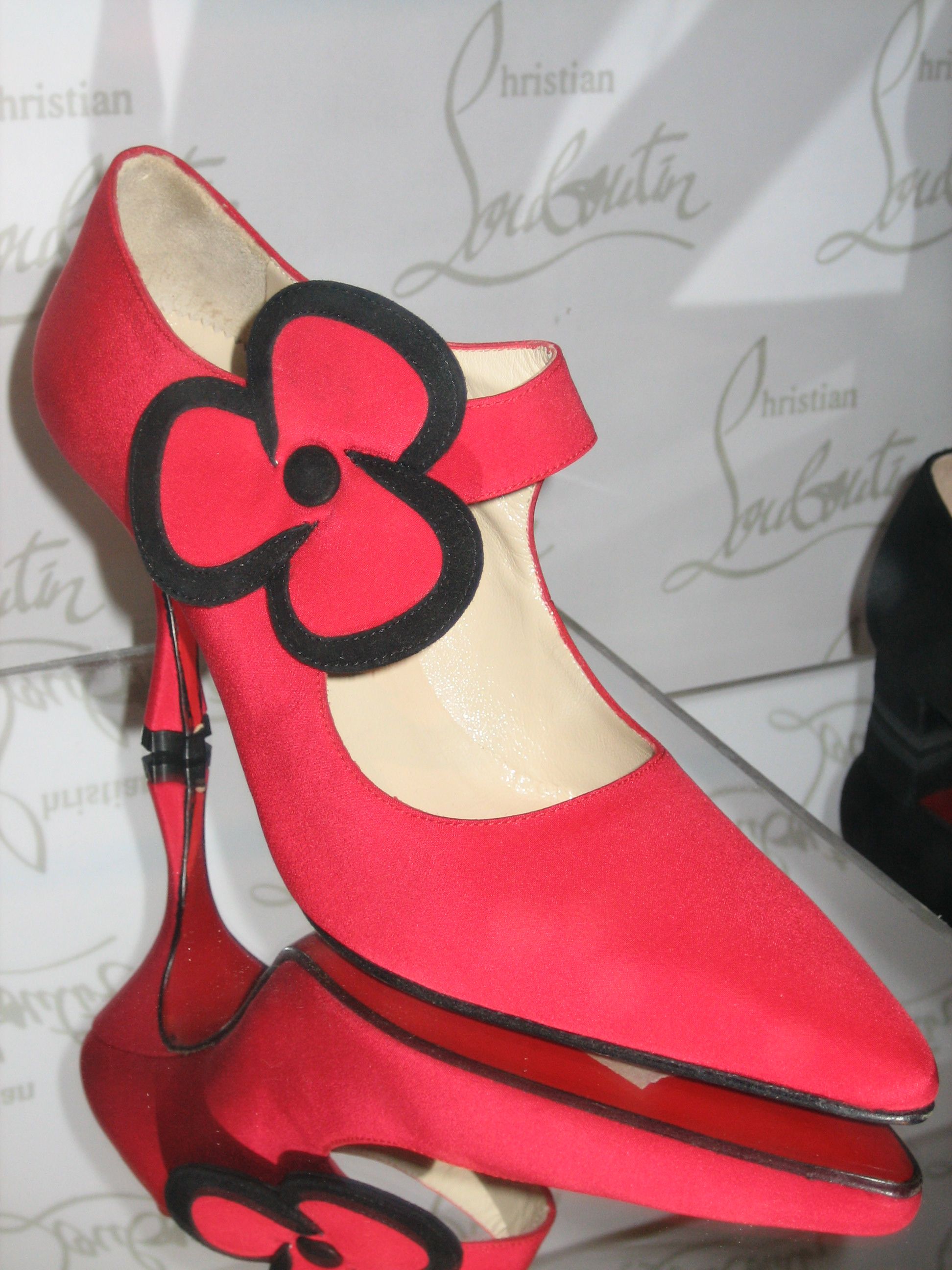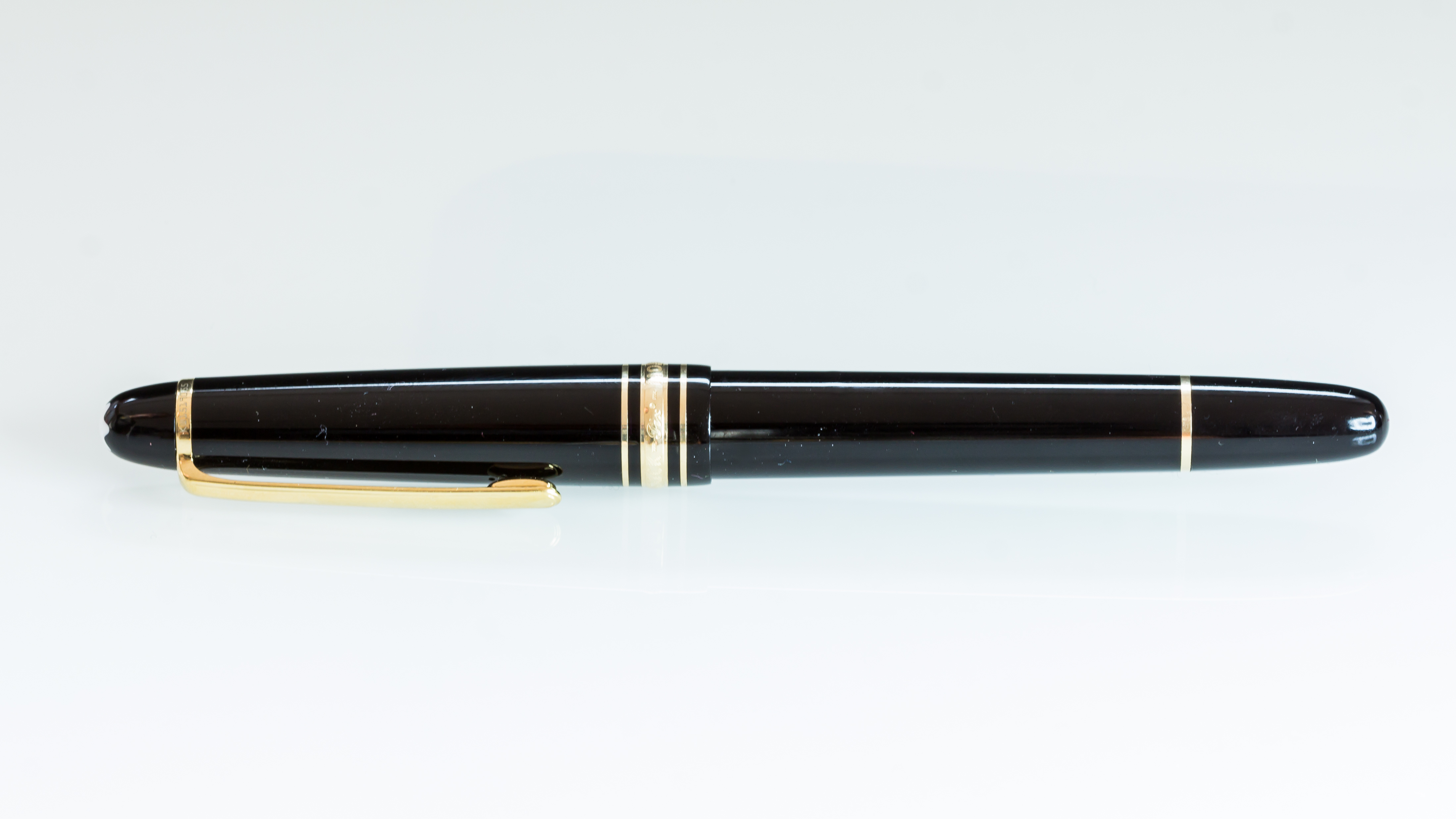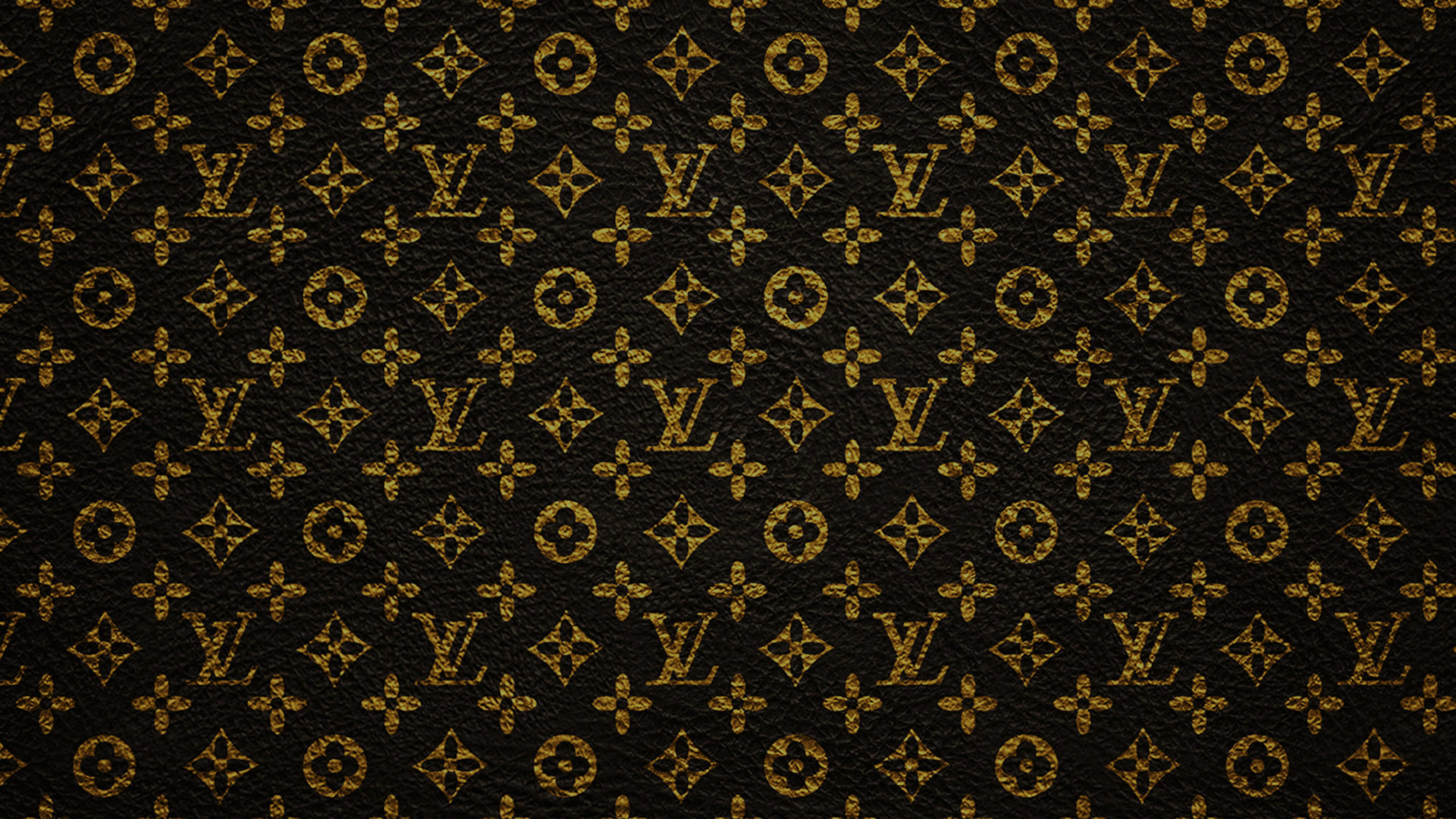Finding the Illusions: Many Luxury Car Brands That Fail to Impress

The concept of luxury typically evokes images of opulence, exceptional craftsmanship, and a transcendent experience. However, the reality is that not all luxury car brands fulfill these expectations, prompting skepticism regarding their exorbitant price tags. This exploration aims to scrutinize the luxury automotive market, identifying brands that fail to deliver the promised distinction and quality, ultimately demystifying the allure that often surrounds them.

1. **Veuve Clicquot**: Though champagne is often a toast to celebrations, its luxury status can sometimes be unwarranted. Many enthusiasts argue that the difference between a premium bottle of Veuve Clicquot and a $12 sparkling wine is nearly indistinguishable to the palate. In today’s cocktail culture, where mixers reign supreme, splurging on such a brand seems more about status than taste.

2. **Tiffany & Co.**: Often seen as the epitome of luxury jewelry, Tiffany & Co. presents a conundrum for many shoppers. While its engagement rings are synonymous with romance, they come with a price tag that can lead to buyer’s remorse. The reality is that local jewelers can often provide more personalized and unique options without the luxury markup, leaving one to question if the blue box is worth the hefty investment.

3. **Apple**: The tech giant has captivated millions with its sleek designs and user-friendly interfaces. Yet, the fervor surrounding the latest iPhone models raises eyebrows. Many consumers find themselves upgrading to new models that offer little more than cosmetic changes. For the tech-savvy, switching to Android devices could lead to substantial savings without sacrificing functionality.

4. **Rolex**: The Rolex watch serves as a status symbol, but at what cost? With prices soaring into the tens of thousands, one must ask if wearing a Rolex truly elevates the experience of telling time. For the price of a single luxury watch, you could invest in a practical vehicle or other meaningful experiences that offer longer-lasting satisfaction.

5. **Michael Kors**: Known for its accessible luxury items, Michael Kors has garnered a loyal following. However, the ubiquity of its products often dilutes their perceived luxury status. When you realize the same handbags and watches are common among many, you begin to question if this brand truly reflects your personal style or just an attempt to fit into a luxury mold.

6. **Porsche**: Often hailed as the pinnacle of performance, Porsche vehicles come with their own set of caveats. Rapid depreciation, exorbitant maintenance, and repair costs often tarnish the brand’s allure. For true enthusiasts, alternative brands may offer better value and performance without the associated financial burdens.

7. **Burberry**: Marked by its iconic plaid patterns, Burberry boasts a unique aesthetic yet attracts a certain customer demographic that some find off-putting. The brand’s image can come across as pretentious, leading many to seek alternatives that offer similar quality without the snobbery associated with high-end prices.

8. **Versace**: With its vibrant colors and bold prints, Versace appeals to a distinct fashion niche. However, the brand is often critiqued for being garish and overpriced. Many find that the price point does not correlate with quality, leading to questions about who can truly pull off such extravagant designs.

9. **Christian Louboutin**: The red-soled shoes of Christian Louboutin are undoubtedly a status symbol. Yet, for many, the exorbitant prices create a disconnect between luxury and practicality. The allure of the red bottom can seem superficial when considering the cost versus the potential for a simple DIY project.

10. **Montblanc**: When you think of luxury writing instruments, Montblanc immediately comes to mind. However, the reality is that a pen is just a pen, and the extravagant price tags often make one question the true value of such items. Starting at over $400, these pens appeal to a niche market of affluent writers. Yet, for the vast majority, a simple ballpoint pen serves just as well, making Montblanc’s luxury status seem more like a status symbol than practical necessity.

11. **Ray-Ban**: Renowned for their stylish sunglasses, Ray-Ban has established itself as a leader in the luxury eyewear market. Despite this, many consumers find that their iconic designs come with a heavy price tag that doesn’t necessarily correlate with quality. Given that sunglasses can easily be lost or damaged, investing in luxury frames can feel like throwing money away. Cheaper options can provide the same level of sun protection without the financial regret.

12. **Coach**: Coach handbags have long been associated with luxury and sophistication. While many appreciate the brand’s craftsmanship, the rising prices have led to a growing perception that Coach is overrated. Many consumers now feel that spending hundreds of dollars on a handbag is excessive, especially when similar styles can be found at more affordable price points. The allure of owning a Coach bag is fading, as savvy shoppers look to outlets for better deals.

13. **Louis Vuitton**: Once considered the zenith of luxury fashion, Louis Vuitton has faced scrutiny in recent years. The brand’s products, while still widely recognized, are often criticized for being mass-produced and lacking the unique qualities that true luxury should embody. Moreover, with Louis Vuitton items being among the most counterfeited in the world, many question whether their investment truly reflects authenticity or just a desire to fit in.

14. **Tesla**: Tesla has redefined the automotive landscape with its electric vehicles, but recent critiques have surfaced regarding its quality and reliability. Owners have reported issues with fit and finish, as well as performance that doesn’t always meet the hype. The high price tags associated with Teslas, paired with their questionable quality control, leave potential buyers wondering if they’re paying for innovation or just a trendy label. Traditional luxury brands may still provide a more reliable ownership experience.

An examination of these ten brands underscores a discernible dichotomy between perceived prestige and actual worth. The assertion that luxury equates to superior quality or satisfaction is frequently misleading. Consumers must adopt a critical perspective, evaluating whether the appeal of a brand justifies its cost. Ultimately, purchasing decisions should align with personal values and genuine contentment, transcending mere status symbols to foster authentic fulfillment.
Related posts:
15 Luxury Brands That Don’t Live up to the Hype
‘Not living their life to impress others’: These are the top car brands that rich Americans earning more than $200K drive most — here’s why you should steer toward them too
Discover more from Auto Travel World
Subscribe to get the latest posts sent to your email.












